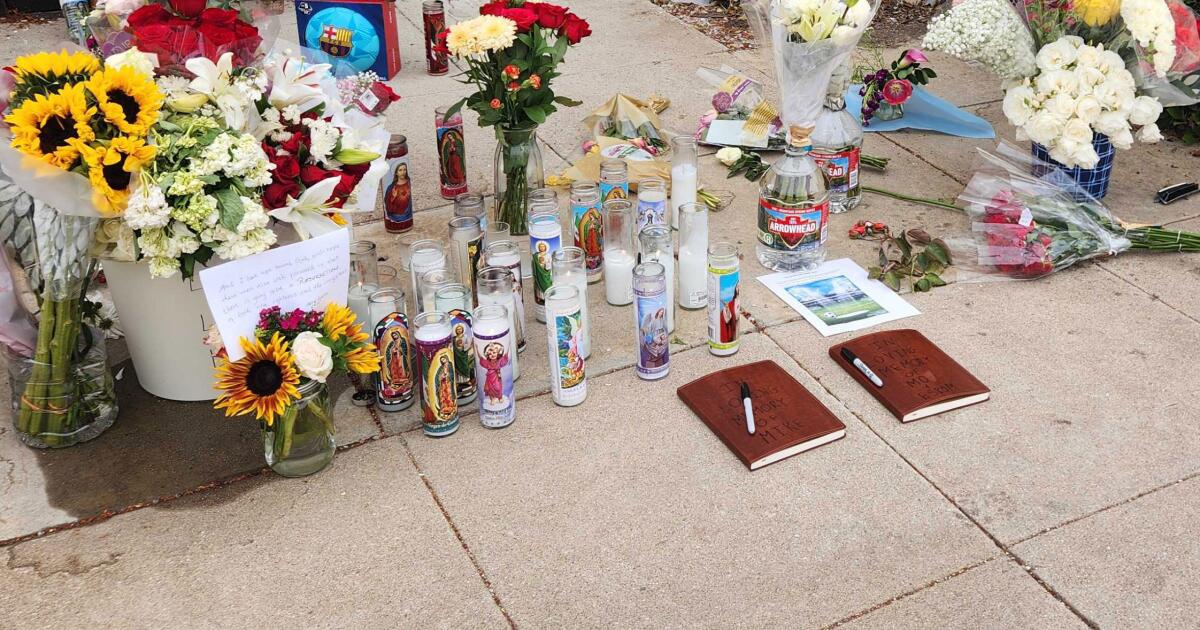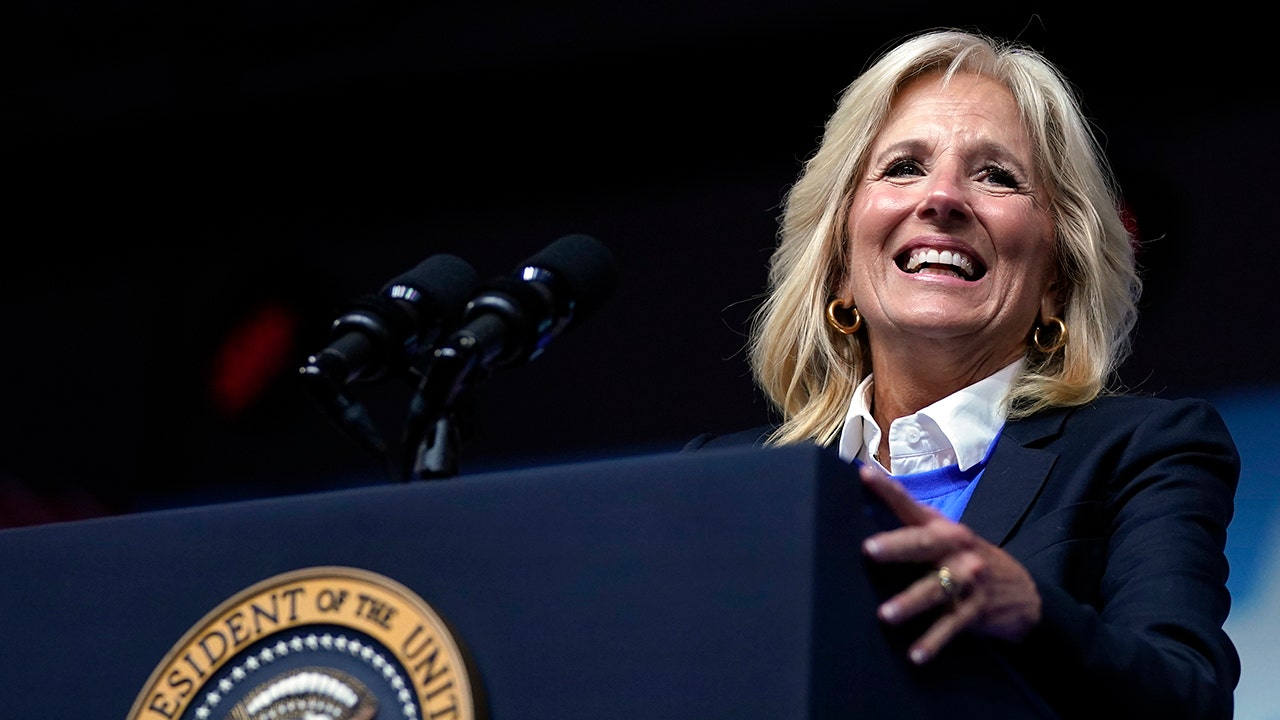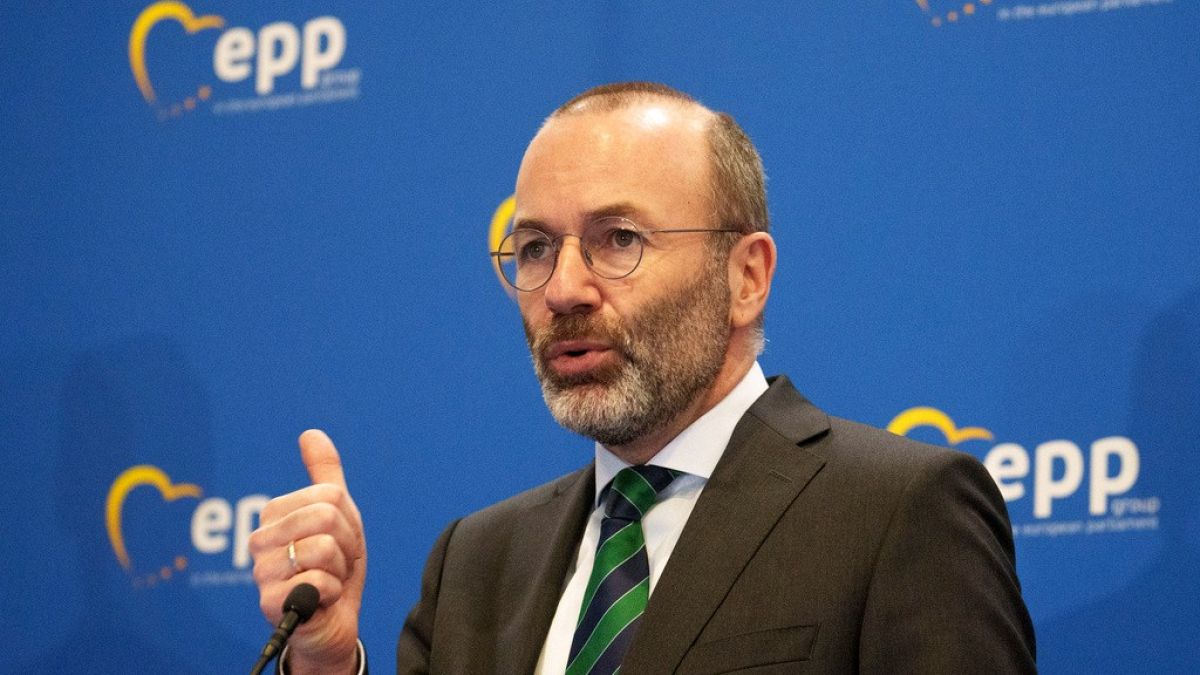Massachusetts
Massachusetts isn’t using a tool that could help tackle its shortage of primary care doctors – The Boston Globe

When Massachusetts is a national outlier in any policy, it’s worth asking why and whether that policy still makes sense.
Massachusetts today is one of only seven states that does not use Medicaid money to fund medical residencies, which provide the clinical training of new doctors after they complete medical school. Among the 10 states with the most teaching hospitals and physician residents, it is the only one that does not use Medicaid money to support graduate medical education, or GME, according to the Association of American Medical Colleges.
The main reason appears to be cost: Massachusetts did have a program, but policy makers cut it in 2010, according to the Executive Office of Health and Human Services, amid budget shortfalls due to the 2008 recession and as state officials prioritized implementing universal health insurance coverage.
Today, cost remains a barrier to reinstating the program. Yet given the shortage of primary care physicians, lawmakers should consider reinstating Medicaid GME in a targeted way that shores up needed services like primary care, behavioral health care, and community health centers.
Without the Medicaid money, residencies are mostly paid for by Medicare, which gave $16.2 billion in fiscal 2020 to GME programs nationwide.
Although it may seem like an arcane distinction, there are two good reasons to use Medicaid money to fund residencies beyond those funded by Medicare. One is that the federal government would match the state contribution, drawing new federal money. The second is that the state can narrowly tailor a Medicaid program to decide how much money to spend — and how to spend it.
This flexibility means state lawmakers could target money for residencies in specific specialties that Massachusetts needs more of.
There is a dire need to train more primary care physicians and keep them in Massachusetts. People are struggling to find doctors. Wait times at community health centers, which see many Medicaid patients, have recently been as long as 80 days for a new patient and up to 40 days for an existing patient, according to Michael Curry, president and CEO of the Massachusetts League of Community Health Centers.
According to the Milbank Memorial Fund’s primary care scorecard, 16.7 percent of adults in Massachusetts and 5.4 percent of children in 2021 lacked a usual source of health care, numbers that had grown since 2011. According to survey data from Massachusetts Health Quality Partners and the Center for Health Information and Analysis, adults were having a harder time accessing primary care in 2022 than in 2019. Massachusetts has a higher rate of doctors leaving primary care than the nation overall. One-third of Massachusetts doctors in 2020 were over 60 and fewer than one-quarter of Massachusetts medical school graduates are entering primary care, according to MHQP.
When someone cannot get an appointment with a primary care physician, they are more likely to become seriously ill and go to the emergency department, at a time when hospitals are experiencing capacity crunches.
Funding more residency training slots through Medicaid would not magically solve the problem. Seriously addressing the primary care shortage will require paying primary care doctors more and addressing the administrative burden that makes primary care such a hard job. Massachusetts officials are taking other steps to address the problem, like establishing student loan repayment programs.
But reestablishing Medicaid GME could allow hospitals and community health centers to train more doctors to work in badly needed fields. Because specialty care is more lucrative, without the added Medicaid incentive, hospitals are more likely to create residencies in specialty fields than primary care.
Multiple bills to reestablish Medicaid GME payments are pending in legislative committees, with advocacy by the League of Community Health Centers and the Massachusetts Health and Hospital Association. The details differ, but the basic idea is to pay for residencies in fields with shortages, including primary care and behavioral health care, in hospitals and community health centers. (Like primary care, behavioral health care is a field where worker shortages are severely impacting people’s ability to get timely care.) A program could also potentially fund training for non-physician clinicians, like nursing students.
The League of Community Health Centers is asking for $50 million in Medicaid funding over three years, half of which would be reimbursed by the federal government. According to the organization, that level of funding would pay to graduate 23 new family medicine doctors annually (with funding for three years of residency) and to fund 69 residency slots each year for nurse practitioners, assuming a cost of $185,000 per physician resident and $120,000 per nursing resident.
Most states use general fund money to pay for Medicaid GME, though some rely on municipal tax money or taxes on hospitals. Lawmakers will have to determine the best funding source.
But the money is likely to be a smart investment, and it will draw in federal money that the state is leaving on the table now. And if increased funding for residencies means more doctors go into primary or behavioral health care in Massachusetts, patients will be seen sooner and will get the care they need to remain healthy, lowering costs in the long term.
Editorials represent the views of the Boston Globe Editorial Board. Follow us @GlobeOpinion.

Massachusetts
Massachusetts woman dies after procedure at Somerville home, liposuction operation reportedly under investigation

An Everett woman has died after undergoing a medical procedure at a Somerville home, according to police who are reportedly investigating an illegal liposuction operation.
The Middlesex District Attorney’s Office and Somerville Police on Monday announced the Everett woman’s death and a Somerville woman’s hospitalization following recent procedures at a local home.
Everett police officers on Friday had responded to a Bucknam Street home for a 35-year-old woman in medical distress. She was transported to CHA Everett, where she was pronounced dead.
Police determined that the woman underwent a medical procedure a day before at a Somerville home.
Detectives found out that another woman had also undergone a medical procedure at the same location. That woman was transported to a Boston hospital, where she remained on Monday.
“The investigation into the details of the alleged medical procedure and how the women’s injuries were sustained is ongoing at this time,” the Middlesex DA’s Office said in a statement.
The medical procedure was reportedly liposuction, as police investigate the alleged illegal liposuction operation, according to reports.
The Everett woman’s death has been referred to the Office of the Chief Medical Examiner, and a ruling on the cause of death is pending.
The investigation is being conducted by the Middlesex District Attorney’s Office, Massachusetts State Police detectives assigned to the DA’s Office, and Somerville Police.
Police are urging anyone with information to contact Somerville Police at 617-625-1600 or Massachusetts State Police detectives at 781-897-6600.
Massachusetts
16-year-old killed in shooting at Massachusetts house party and more top stories

Watch CBS News
Be the first to know
Get browser notifications for breaking news, live events, and exclusive reporting.
Massachusetts
Here's Who Pays for Massachusetts Governor Healey's Trip to Italy

Massachusetts Governor Maura Healey seems to be among the most-traveled chief executives in recent memory, given the number of trips she has taken in the short time she has been in office.
When you think she is home to stay for a while, she is off again on another adventure. Some of it is even business-related.
Since assuming office on January 5, 2023, Healey has racked up the frequent flier miles.
In March 2024, Healey’s handlers and some in the press had a dust-up over whether the governor should have to announce when she is leaving town and where she goes. The administration blinked.
In the first 16 months of her administration, Healey traveled to Florida, Washington, North Carolina, Ireland, Puerto Rico and New Hampshire, that I can recall. She has been to DC at least a couple of times.
A March 19, 2024 report by Politico said up to that point, “Healey has spent at least 47 nights and 65 days out of state since taking office, according to a Playbook analysis of her calendars, news reports, and information from the governor’s office.”
Here’s Who Pays For Massachusetts Governor Healey’s Trip To Italy
Upon completing a trade mission to Ireland last year, Healey bypassed Massachusetts on the return trip and spent the following week vacationing in Rhode Island.
Healey’s Irish sojourn cost an estimated $83,000, paid for with state funds and some private dollars.
Maura’s next big adventure is on you.
From May 14-17, 2024, Governor Healey, her climate chief Melissa Hoffer and three aides will visit Rome. The trip is paid for with taxpayer money from the Massachusetts Tourism Trust Fund, the intent of which is to “promote tourism in the state and help regional tourism councils.”
The trip includes a private meeting with Pope Francis.
State House News Service reported Healey and Boston Mayor Michelle Wu will “provide a keynote address at the opening session of a climate-focused conference hosted by the Vatican.” Boston taxpayers will foot the bill for Wu’s expenses.
The governor’s office won’t know how much you and I are on the hook for until the trip ends.
The Best Reviews From People Who Had The Worst Time Visiting The White House
Gallery Credit: Rob Carroll
LET’S GO: The most popular historic sites in America
-

 Politics1 week ago
Politics1 week agoAustralian lawmakers send letter urging Biden to drop case against Julian Assange on World Press Freedom Day
-

 World1 week ago
World1 week agoBrussels, my love? Champage cracked open to celebrate the Big Bang
-
News1 week ago
A group of Republicans has united to defend the legitimacy of US elections and those who run them
-

 Politics1 week ago
Politics1 week agoHouse Dems seeking re-election seemingly reverse course, call on Biden to 'bring order to the southern border'
-

 World1 week ago
World1 week ago‘It’s going to be worse’: Brazil braces for more pain amid record flooding
-

 Politics1 week ago
Politics1 week ago'Stop the invasion': Migrant flights in battleground state ignite bipartisan backlash from lawmakers
-

 World1 week ago
World1 week agoGerman socialist candidate attacked before EU elections
-

 World1 week ago
World1 week agoSpain and Argentina trade jibes in row before visit by President Milei
















